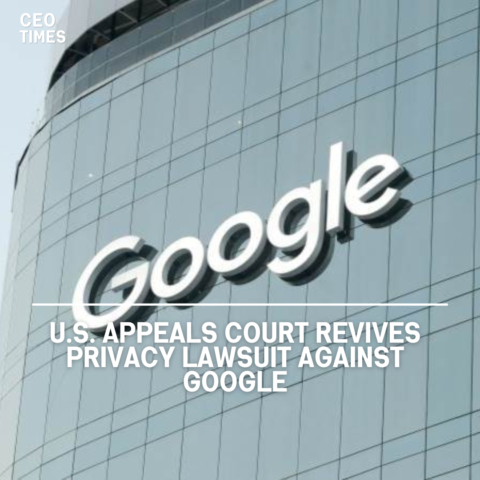A U.S. judge is set to issue an order requiring Alphabet’s Google to provide Android users with more options for downloading apps outside of its Play Store.
This move follows a jury verdict favoring “Fortnite” maker Epic Games in a significant antitrust case. The case centers around allegations that Google unlawfully monopolized app distribution and in-app transactions on Android devices.
Planned Injunction and Judge’s Remarks:
U.S. District Judge James Donato, presiding over the case in San Francisco, indicated that he would soon issue an injunction to maximize user and developer flexibility.
The injunction is expected to allow easier downloading and distribution of apps from third-party sources. Judge Donato expressed frustration with Google’s objections regarding implementing these changes, making it clear that Google, a monopolist, would need to make preparations.
“You’re going to end up paying something to make the world right after being a monopolist,” Donato stated.
Implementation and Compliance:
The judge revealed plans to set up a three-person compliance and technical committee to ensure the proper implementation and monitoring of the injunction.
Donato emphasized that the ruling, expected within weeks, would clearly define the “rules of the road” for Google to follow.
Epic’s Proposals and Google’s Response:
Epic Games has urged the court to require Google to make it easier for Android users to download apps from third-party app stores, including Epic’s store, and to prevent Google from automatically installing the Play Store on Android devices.
Google’s legal team, however, argued that these changes would be detrimental to competition and could undermine consumer privacy and security. Google’s lawyer, Glenn Pomerantz, asserted that forcing Google to distribute rival app stores would weaken competition rather than enhance it.
Broader Legal Context:
This case is part of a broader legal battle for Google, which is also facing a separate government lawsuit in Washington, D.C., over its dominant position in web search.
Just last week, another judge ruled that Google had illegally monopolized web search, also setting the stage for potential remedies in that case.




















